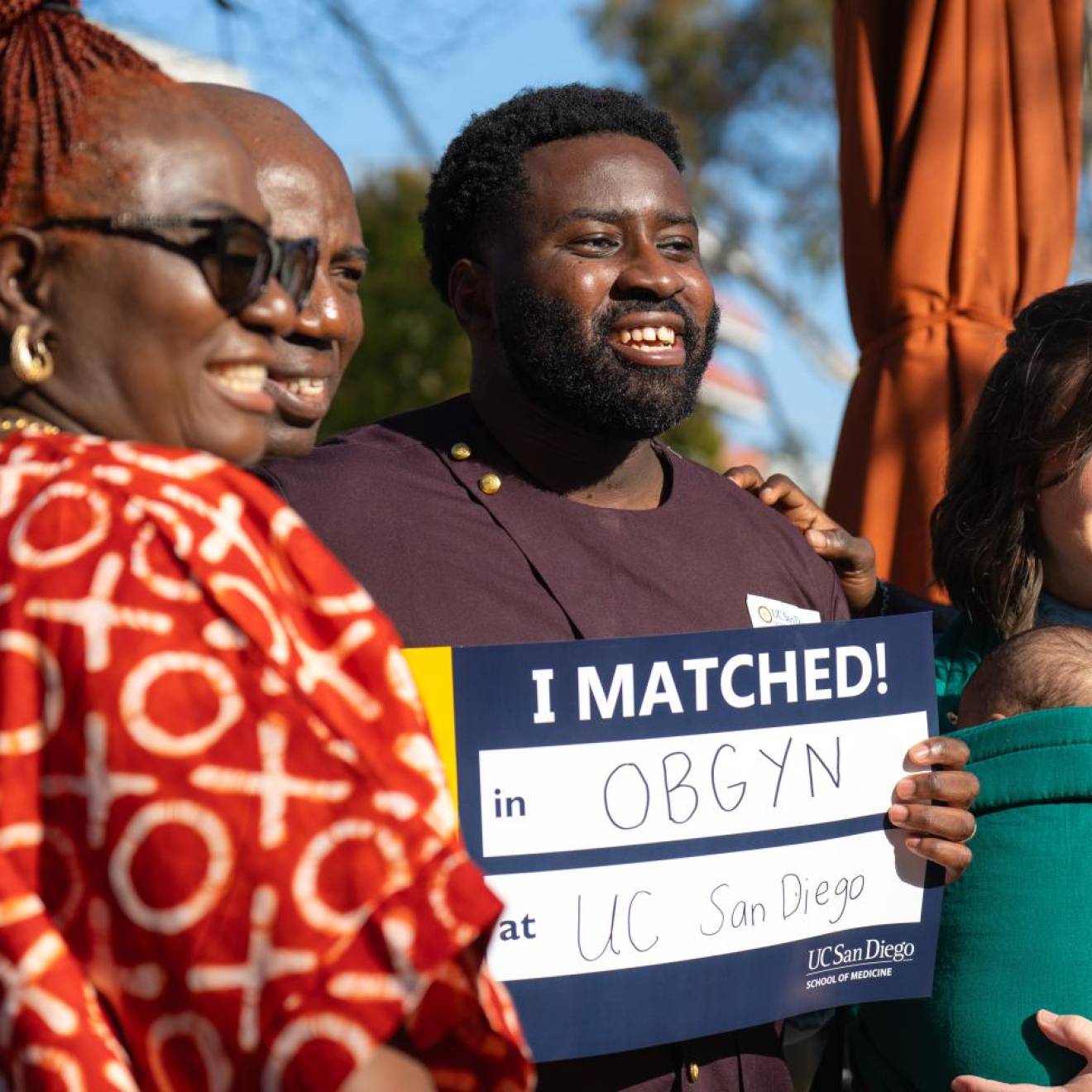Alison Hewitt, UCLA
UCLA will go smoke-free and tobacco-free on April 22, 2013, Chancellor Gene Block announced Tuesday (Oct. 30), following UC President Mark Yudof's request that all UC campuses adopt such a policy by 2014.
When the policy takes effect, on Earth Day, the use of cigarettes, cigars, chewing tobacco and all other tobacco products, as well as electronic cigarettes, will be prohibited on UCLA's campus and at sites owned or fully leased by the university. UCLA's Tobacco-Free Steering Committee recommended the policy to the chancellor and will develop the plan with feedback from the Bruin community.
"Tobacco use and exposure to secondhand smoke remain the leading causes of preventable disease and death worldwide," Block wrote in an Oct. 30 letter to campus. "A draft of the tobacco-free policy will be available for review by students, faculty and staff beginning Nov. 15. We also plan to ensure that tobacco users in our community have access to a variety of free and low-cost support services, in addition to those provided by health insurance, to help them."
While UCLA is the first UC campus to announce when it will go tobacco-free, more than 800 colleges and universities nationwide have already adopted tobacco-free or smoke-free policies. UCLA's health sciences campus and hospitals instituted a smoke-free policy in November, with good results thus far.
UCLA's policy will emulate the best practices of other universities' tobacco-free programs, which have led to an increase in the number of people quitting smoking, said UCLA nursing professor Linda Sarna, chair of the Tobacco-Free Steering Committee and an oncology nurse with international expertise in tobacco-control policies. Sarna helped develop the tobacco-control policy adopted by the International Council of Nurses and was also involved in the UCLA Health System's successful smoke-free policy.
"We're concerned about exposure to secondhand smoke, but this is also about tobacco-caused diseases," said Sarna, who chairs UCLA's Academic Senate. "The world is changing. People didn't used to wear seatbelts or bike helmets, and they used to smoke in airplanes and restaurants. But we know more than we did in the 1950s, and we have to act. We have a responsibility to the health of our campus, and this is the right thing to do."
A 2010 survey across eight UC campuses found that approximately 8 percent of undergraduates over the age of 18 had used tobacco products during the previous month. About 12 percent of California adults use tobacco, according to a report by the California Department of Public Health.
The steering committee will issue a draft of the policy on Nov. 15 and ask Bruins for input. When UCLA goes tobacco-free on April 22, the focus will be on education and assistance, not policing smokers, Sarna said. UCLA is working with the Los Angeles County Department of Health to provide free two-week starter kits of nicotine patches for smokers interested in quitting — or for those looking for an alternative to smoking during the workday.
"Our policy will be that you don't have to quit — you just can't smoke here," Sarna said. "But most smokers do want to quit, and research shows that a smoke-free environment increases quit attempts. Even people who didn't plan to quit get annoyed at the inconvenience and decide to try. We'll provide resources to help."
In addition to the free starter kits, UCLA will also spread the word about 1-800-NO-BUTTS, California's free help-line for tobacco users who want to quit. The campus is also training student mentors to provide peer support for students who want to quit smoking and is creating a website with links to additional information and support.
UCLA's Tobacco-Free Steering Committee includes co-chair and associate professor of medicine Michael Ong, who heads California's Tobacco Education and Research Oversight Committee, and associate professor of psychiatry Timothy Fong, who led the UCLA Health System's smoke-free transition team. The committee also includes students, staff and other faculty, and the group contains several former smokers, including one who quit this year.
By starting the tobacco ban on Earth Day, UCLA also drives home the message that the issue isn't just personal health but the health of the environment. Toxic tobacco smoke degrades air and water quality, while cigarette butts, by some estimates, account for nearly one-third of all the litter in California.
"Part of this is about leading by example," Ong said. "It's important to be tobacco-free not only for the health of smokers but for those affected by secondhand smoke and the litter of cigarette butts. Once people realize that they can enjoy life without needing to be around tobacco, it changes the overall environment."

